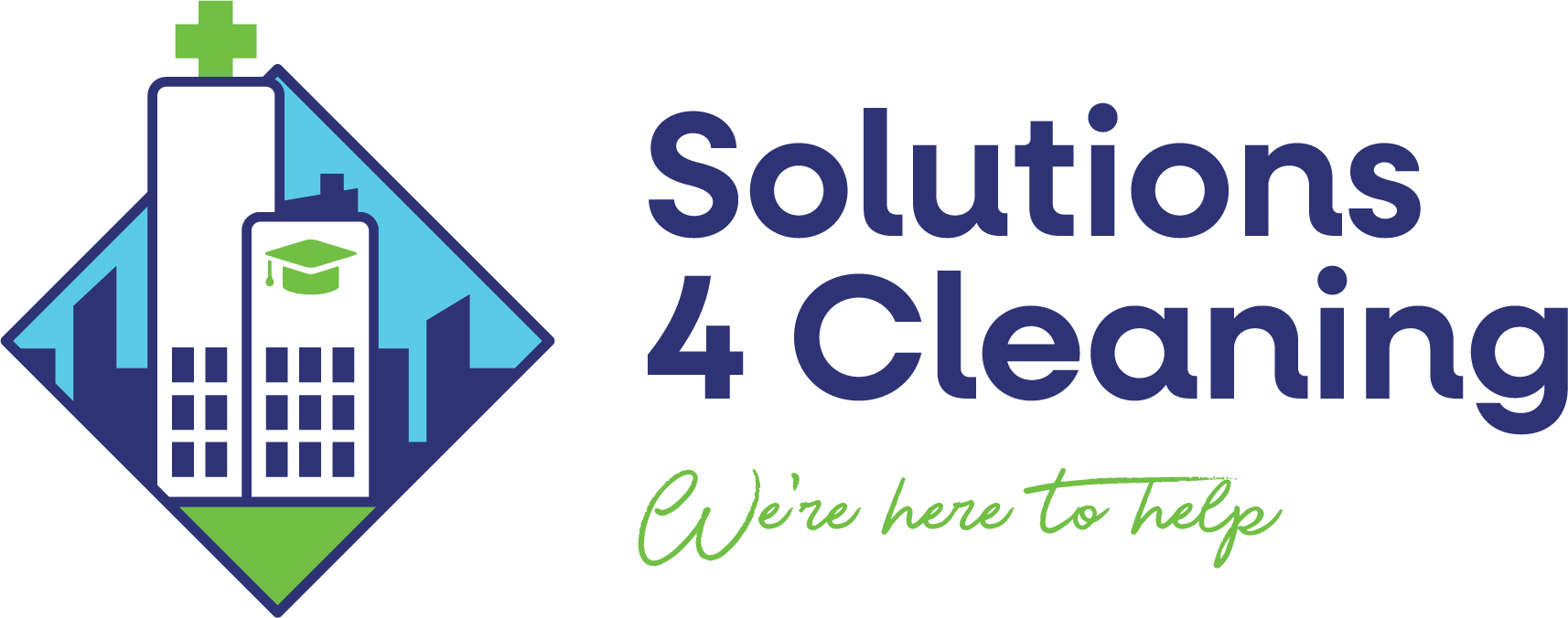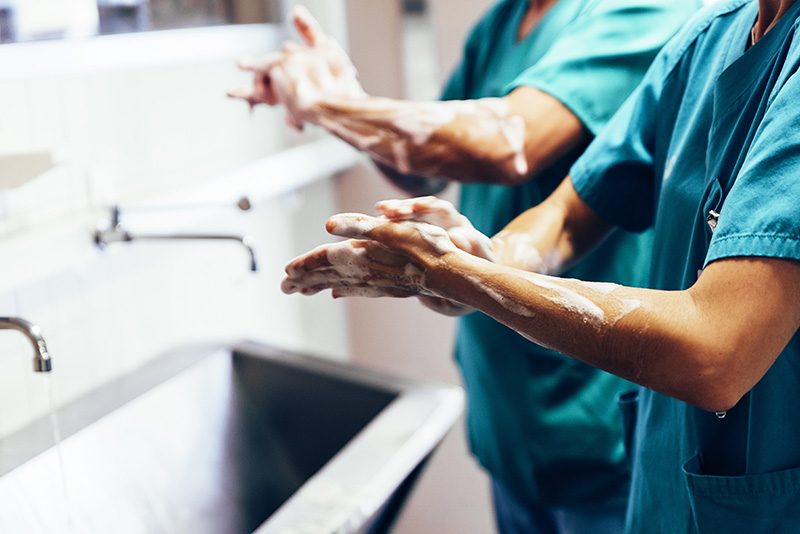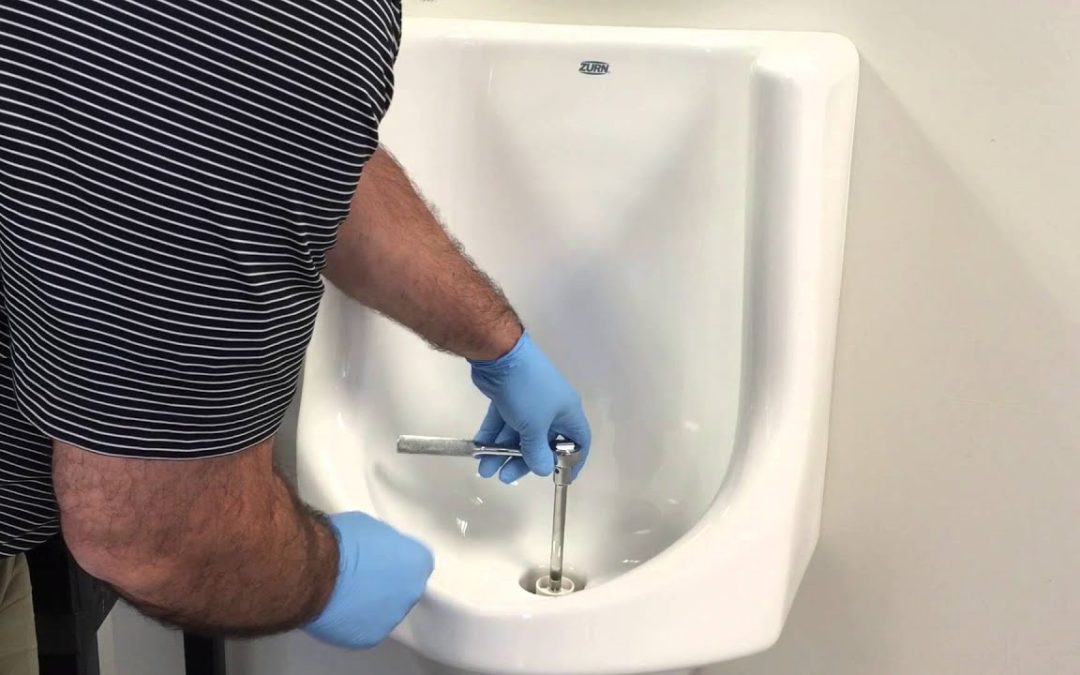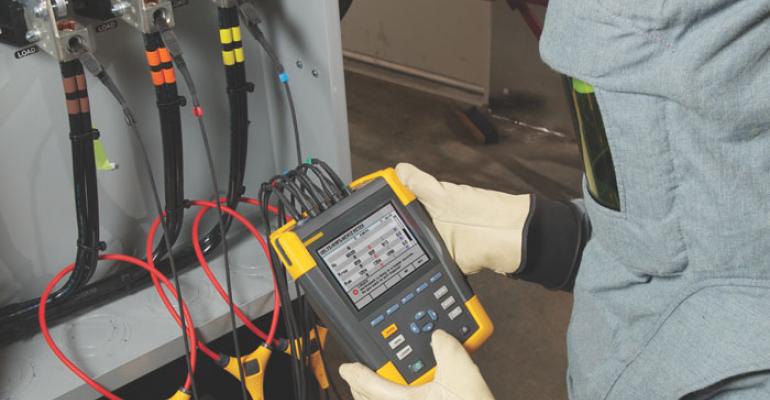Many of you may have missed (or purposely avoided) reading my last article regarding the flu epidemic that it looked like we may be facing in 2019.
Well, can I just say that it’s not just a warning in some blokes article anymore…
It’s here!
By the end of the first week of April, we had already reached half of our 2018 total of flu cases, and in Queensland alone there had been a reported 7,289 diagnosed cases of the flu. Professor Robert Booy, Chairman of the Immunisation Coalition, has said that this season might be more severe as a result of the relative mildness of the 2018 flu season, which has seen us regular folk not build up the natural immunities that we normally do year to year.
For me, it all comes down to the cleanliness of where we work and play. While the flu is always an unavoidable reality of this season, it’s the uncontained spread of germs from those who are afflicted that cause the real headaches. Enclosed areas that house a significant population of people, such as hospitals, offices, schools and aged care homes, are all an absolute feeding ground for flu germs. When one person gets ill in these environments, you’ll very soon find those around them displaying similar symptoms (if not managed correctly). This is due to the germs not being able to escape from the space as easily as an open area.
So how can we combat this? What can we possibly do to reduce the risk of sickness when we spend a large amount of our lives in these high risk areas?
The solution for cleaning (see what I did there?) is our fogging service.
When you engage our fogging service, we fill your high risk enclosed areas, such as a school classroom, medical centre, childcare building or an office, with a cold fog of disinfectant. The disinfectant we use is a Hospital Grade Disinfectant approved by the Therapeutic Goods Administration. Our disinfectant is silicon based, which bonds to the contacted surfaces, creating a barrier that continues to kill microorganisms for 28 days. This is made possible by the microbial qualities of the product, which physically puncture the cell walls of the microorganisms to instantly kill it. In comparison, other hospital grade disinfectants simply use toxic kill to poison the microorganism. This type of disinfectant is what allows the microorganisms to build a resistance over time – meaning your regular cleaning has a quickly diminishing effect.
Our fogging service allows the disinfectant to penetrate into all areas, cracks and crevasses and will completely cover all surfaces.
Interested to find out more about the testing that the disinfectant has gone through? We’ve got you covered below – elsewise, read on!
Product Testing
Toxicology Testing
· Acute Dermal Toxicity Study OEDC 402
· Acute Inhalation Study OEDC 403
· Acute Dermal Irritation/Corrosion Study OEDC 404
· Acute Eye Irritation/Corrosion Study OEDC 405
· Acute Skin Sensitisation Study OEDC 406
· Acute Oral Toxicity Study OEDC 425
Efficacy Testing
· TGA Disinfectant Test
· 1 Day Challenge Testing – MRSA
· 14 Day Challenge Testing E coli, Salmonella, VRE
· 14 Day Challenge Test – Norovirus
· 28 Day Challenge Test – E.Coli, Salmonella, VRE
· Hard Surface Challenge Test – Clostridium Difficile
· Surface Testing – Aluminium – 1116.002-Al
· Surface Testing – Aluminium – 1124.001-Al
· Surface Testing – Carpet – 1116.002-Carpet
· Surface Testing – Linoleum – 1116.002-Linoleum
· Surface Testing – PVC – 1116.002-PVC
· Surface Testing – Stainless Steel – 1116.002-Steel
· Surface Testing – Untreated Wood – 1116.002-Wood
· Virucidal Efficacy Suspension Test – Swine Influenza Virus (H1N1)
Once the fogging service has been completed, we then do a test to measure our success and provide the data back to you. The test is carried out quickly, consisting of 10 random swabs which are placed into our portable tester. The swabs give off light which is measured and recorded as Reflective Light Units (RLU), which measures the energy given off by living organisms.
So the dimmer the light = the lower the RLU = the better the result.
How this can benefit your workplace
The answer is pretty simple – you can lower your risk of infectious illnesses.
By lowering your risk of infectious illnesses, you can ensure that this flu season has minimal impact on your workplace. The fogging service is a proactive measure to mitigate the risk of flu in your place of work to help you avoid the costs that come with associated sick leave.
When it comes to schooling, the fogging service assists with keeping kids at school for more of the year, reducing impact on parents and learning.
In summary, we are currently on track for the flu to affect us here in Queensland more than it has in recent years – or perhaps ever before! Doctors are encouraging us to help fight sickness by taking things a step further, rather than simply relying on your standard flu shot.
As a business owner, medical practice manager, or leading educator, you can do your part in the prevention of the flu this season. Call us today on 1300 860 832 or request a quote for our fogging service.





